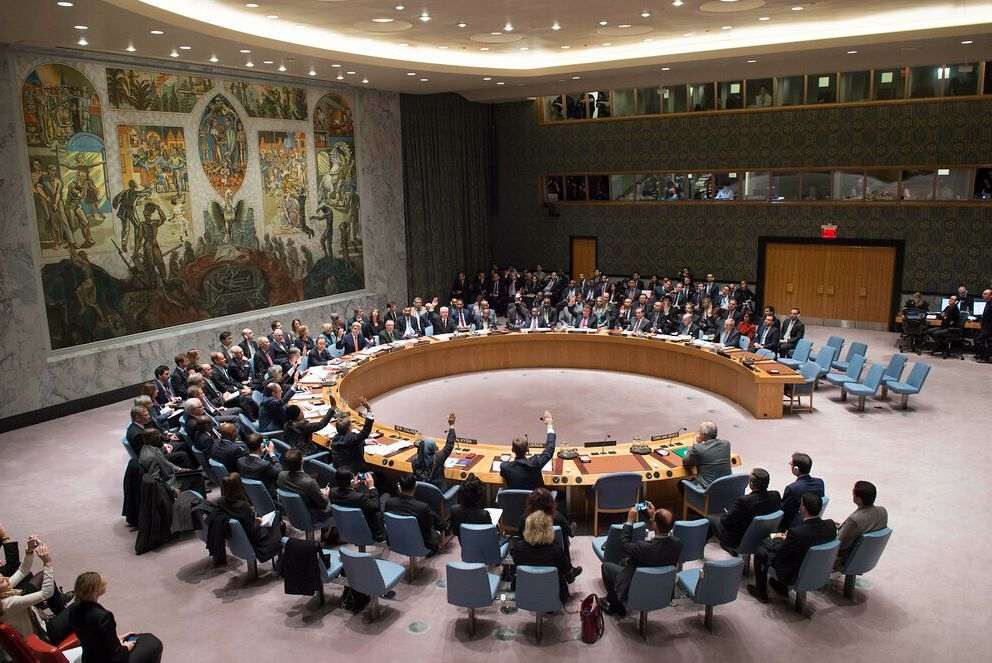Diplomats informed AFP that the United Nations is planning to terminate travel restriction exemptions for thirteen Taliban figures on Friday, pending any agreement by members of the Security Council on a potential renewal of the embargo.
135 Taliban leaders are subject to sanctions as a result of a resolution passed by the United Nations Security Council in 2011. These penalties include asset freezes and travel restrictions.
However, thirteen of them were given waivers from the travel restriction so that they could meet authorities from other nations while they were away from the country.
In June, the Afghanistan Sanctions Committee of the United Nations Security Council withdrew two Taliban education ministers from the exemption list due to the regime’s restriction of women’s rights.
During the same meeting, the exemption was extended for the others until August 19, plus an additional month if there were no objections from any of the members.
According to sources inside the diplomatic community, Ireland voiced their opposition this week.
China and Russia have requested that the travel ban be lifted, while the United States has requested that the number of officials who are permitted to travel and the locations to which they are permitted to go be curtailed.
According to sources speaking to AFP, the most recent plan that has been put up would only let six officials to go abroad for diplomatic purposes.
If there are no objections from members of the Council by Monday afternoon, then it will go into effect for the next three months.
In the meanwhile, the exemptions that have been granted to the 13 officials will expire on Friday at midnight.
The Deputy Prime Minister, Abdul Ghani Baradar, as well as the Deputy Minister of Foreign Affairs, Sher Mohammad Abbas Stanekzai, are both included in the group of 13.
They played a critical role in the discussions with the US government under the leadership of former President Donald Trump, which eventually resulted in a settlement in the year 2020 that paved the way for the United States to withdraw from Afghanistan.
This week, a representative for the Chinese mission to the United Nations, which is the country that now holds the rotating chair of the Security Council, referred to the Western perspective that links the travel restriction to human rights as “counterproductive.”
The spokesman said that the exemptions are “required as much as ever,” and added that if reinstating a travel restriction is all other members of the Council want to do, then it is “quite obvious that they have not learnt any lessons at all.”
After promising to be more flexible after seizing power in August of last year, the Taliban have mostly returned to the harsh Islamist rule that was characteristic of their previous stay in office from 1996 to 2001. This occurred despite the Taliban’s pledges to be more flexible after seizing power.
Particularly, they have severely curtailed the rights and liberties of girls and women by demanding that they wear burkas, virtually stopping the education of females, and methodically removing women from jobs in Afghanistan. In addition, they have called for the wearing of burkas.
To this point, no nation has acknowledged the administration as legitimate.

